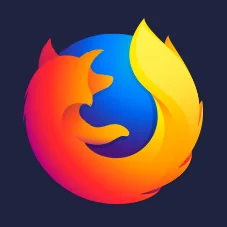Firefox 80 Available With VA-API On X11, WebGL Parallel Shader Compile Support

One major Linux change with Firefox 80 is Firefox on Linux now supporting VA-API acceleration on X11. The Video Acceleration API spearheaded by Intel and also used by other Mesa drivers with the Gallium3D video acceleration state tracker is now working properly on X11 rather than just Wayland previously. But besides that big video acceleration improvement for those running on the X.Org Server, there isn't too much from the user perspective to get excited about for this latest rapid release. There are though at least some changes on the developer front:
- The WebGL KHR_parallel_shader_compile extension is now supported. As outlined in the WebGL specification, this is about opening up the OpenGL KHR_parallel_shader_compile functionality to WebGL. This extension is about allowing GLSL shaders to be compiled in separate CPU threads and also the ability to query whether these parallel shader compilations are complete.
- Firefox 80 with WebAssembly now supports atomic operations on non-shared memory.
- Firefox's Media Session API now supports "seekto" and "skipad" actions.
- Web Animations API compositing operations are now enabled.
Firefox 80 being light on the feature changes isn't due to the recent major layoffs at Mozilla as the feature work on Firefox 80 was already wrapped up at that point, but we'll see how it impacts future releases.
Firefox 80.0 is available for download from Mozilla.net.
83 Comments

